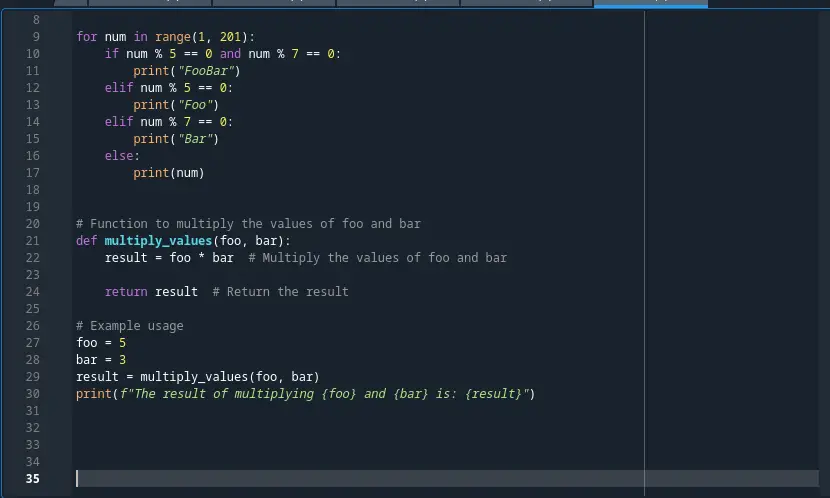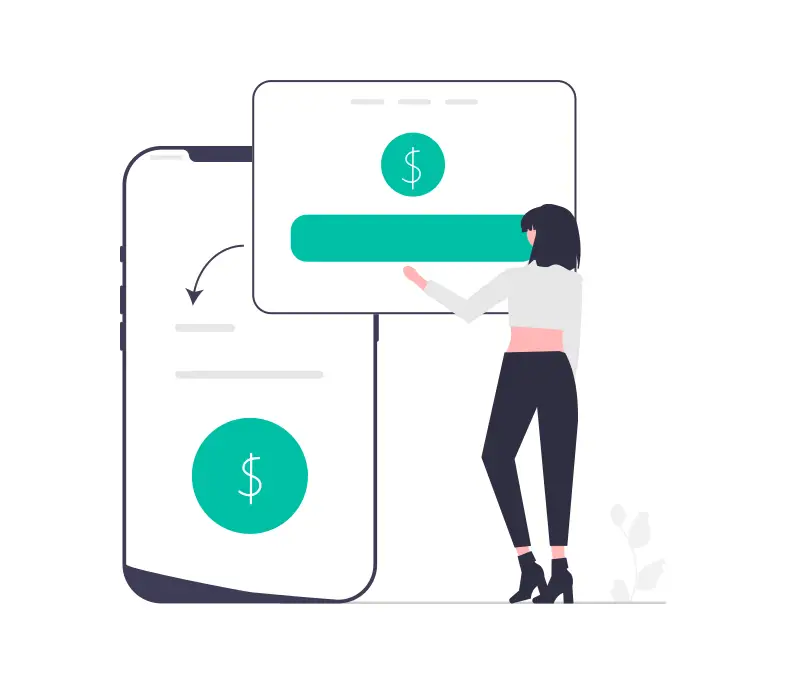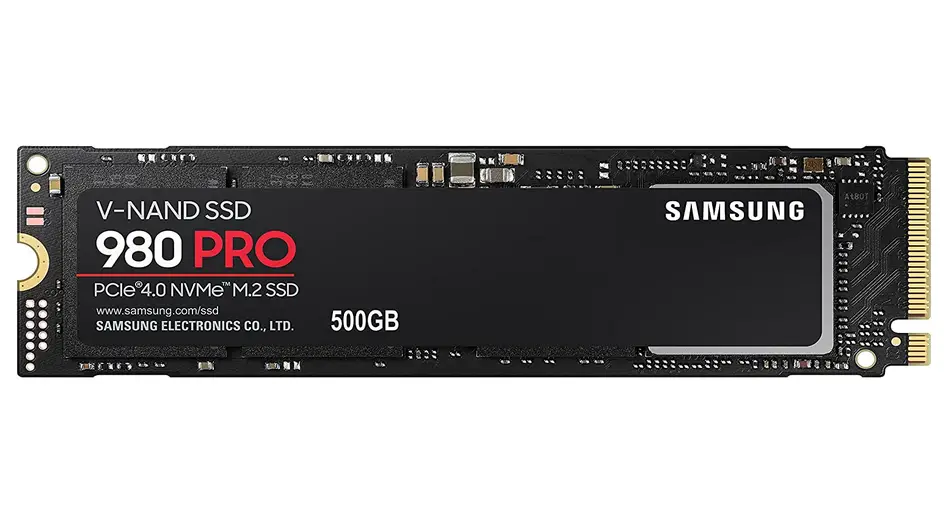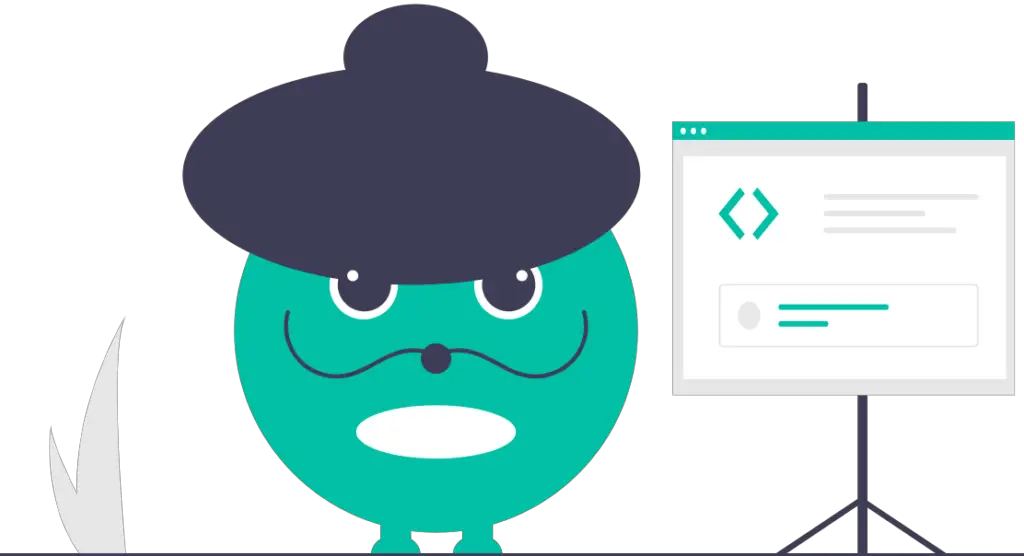Programmers use different learning methods to understand how to code using a specific programming language, each with its advantages and disadvantages. However, all the approaches have a process that is pretty much common among them.
Most programmers learn a new programming language by being taught by tutors or other experienced programmers in a classroom, BootCamp, or collaboration class setups. Others prefer to teach themselves how to program and be self-taught programmers. The two approaches require programmers to assimilate knowledge from books, tutorials, courses, or other experienced programmers.
Programmers learn a new programming language using the following approaches:
- Learning from books such as Python or Java programming books.
- College degrees, where programmers enroll in Computer science, Information Technology, and software engineering courses, among many others.
- Learning from tutors/experienced programmers. Some experienced programmers offer private lessons teaching interested people how to code in a certain technology or programming language. Online computer programming tutors can be found on Fiverr, Codementor, classgap, Upwork, e.t.c, and by referrals/word of mouth.
- Learning from YouTube, Udemy, and other online learning platforms. Courses from YouTube are usually free for consumption, and other online learning spaces charge membership or per-course fees.
- Self-teaching. And there are masters in learning. These programmers teach themselves how to program by themselves. They may use more than one of the abovementioned approaches to learn how to program without intervention from another person. They do what they have to do to figure it out themselves. These are the most successful programmers because they are driven by passion, hard work, and determination.
However, whichever route a programmer takes and learns a new programming language may not be effective if no practice is involved. The common thing about being taught and being self-taught a programmer is that they all must involve project-based learning.
From what I have seen, programmers who do not involve themselves in creating projects while learning to code often fail in their programming careers. Programming is not hard. Programming is hard practicing.
If you do not practice what you have learned from books, teachers, or experienced programmers, you will rarely succeed in software engineering or web development.
I faced the same problem while learning to code with Python. I used to learn Python programming books as if they were ‘novels’ or as if I was reading to finish the book. After finishing one book, I would look for another and keep the same vicious cycle alive—no progress I was making.
The problem with my previous learning approach was that it was ineffective. After many years of zero work, I decided to change my way of learning. I tried many methods, but the most effective learning approach you can use is project-based learning.
Project-based learning forces programming students to be involved in creating simple to complex projects as they are learning. The goal is to learn a new concept in theoretical form and implement the concept into an actual code solution. By learning something and immediately implementing it, programming students can understand the concepts behind what they are learning and implementing using code.
One great example of the usefulness of project-based learning is when a programming student is learning algorithms. Algorithms in programming define the steps taken toward the realization of an objective. Within these steps, some processes take the input data, manipulate it, and produce output data. Learning such a concept can be hard to grasp theoretically. However, if you implement each step and process in a practical project, you will be in a position to understand the algorithm much better.
Reasons why programmers learn by creating projects:
- Project-based learning encourages practice. Practicing writing code is an essential step in learning how to program.
- Project-based learning encourages active learning, where you learn some concept and immediately apply it to a real-world project.
- Allows development of a sense of achievement when you complete a project. According to research, the feeling of having achieved a goal by completing a project, whether small or large, is a great contributor to motivation, confidence, and assurance.
- Allows refinement of other skills such as research.
- Helps develop critical thinking skills and problem-solving abilities.
- When you do collaboration projects, it helps build teamwork and social skills. I know, programmers kind of fail somehow in that social skills aspect.
How beginner and experienced programmers learn a new language
You can devour through every book or course on programming and still not become an effective programmer.
An effective and efficient programmer learns not only a programming language’s syntax but also the paradigms, concepts, and applications used in a particular programming language. Without learning the application of the code, you will just be learning just the syntax of a programming language. The syntax does not help. What help is to know how to use programming concepts to create solutions using programming languages as tools.
Experienced programmers love to indulge themselves in constant practice with a new programming language. The regular practice of writing code using the new syntax of a new programming language makes learning easier as they become familiar with it.
A standard approach to learning programming concepts while practicing involves:
- Identifying the objectives or reasons behind learning a new programming language. What do you want to achieve after learning the new language? You may want to develop web applications/websites, desktop applications, mobile applications, data science, e.t.c. Whatever your goal is, you must identify it before you start learning a programming language.
- Learning a programming language that fits the solution you are trying to create. With time, you should be able to learn a new programming language. Here, it would be best if you focused on the fundamentals of a programming language and programming in general. You may focus on learning not-so-complex programming languages such as Python if you are a beginner. Python has an English-like syntax, and learning the syntax will be much easier.
- Mastering the programming concepts, such as algorithms, architectures, patterns, and paradigms. Understanding these concepts is essential in programming as it teaches you how to solve problems rather than just learn the syntax. Learning the syntax does not help you develop solutions- it is a phase of learning how to use the tool (programming language). Besides, learning programming concepts help you understand how to develop effective software solutions for real-world problems using code.
- Create a project. After learning basic programming concepts and a programming language, you are in a position to create projects. You should start to create simple projects to help you understand how code implementation works. Remember: “Take baby steps and giant steps later.” After creating a couple of personal projects, do the same for some clients and keep evolving until you are confident in creating huge projects.
- Reiterate. You will improve at programming as you continue practicing and creating projects. Sooner or later, you will start to realize new programming concepts and problems to learn and solve. Each problem will need a different type of approach and solution. Therefore, you will be required to learn new technologies and programming languages. When that happens, start again by identifying the problem, programming language/library/framework, learning the concepts, creating a project, and improving your current project with the newly acquired skills.
You can use project-based learning to learn programming from scratch if you are a beginner. If you are an experienced programmer, project-based learning can help you learn a new programming language faster. Besides, help you master a programming language through practice.
Conclusion
Programmers take different learning approaches that involve self-teaching and being taught. These approaches require learning resources, including books, tutorials, courses, instruction manuals, e.t.c. Whether you use any of these learning approaches and materials, learning and developing problem-solving skills is essential. Programming is all about identifying problems and creating solutions, not learning a programming language’s syntax.
You need a lot of practice to develop problem-solving skills as a programmer. One effective strategy to ensure that you are learning and practicing to write code is to be involved in project-based learning. Project-based learning allows you to learn new concepts and immediately apply the concepts to software solutions.
There you have it. That is how programmers learn a programming language fast.
So, get on with it, dev. Learn the programming language you have been planning to do. Solve that problem you are currently facing or the community around you by learning a programming language and creating a solution to it.
Crack on, me hearties!







